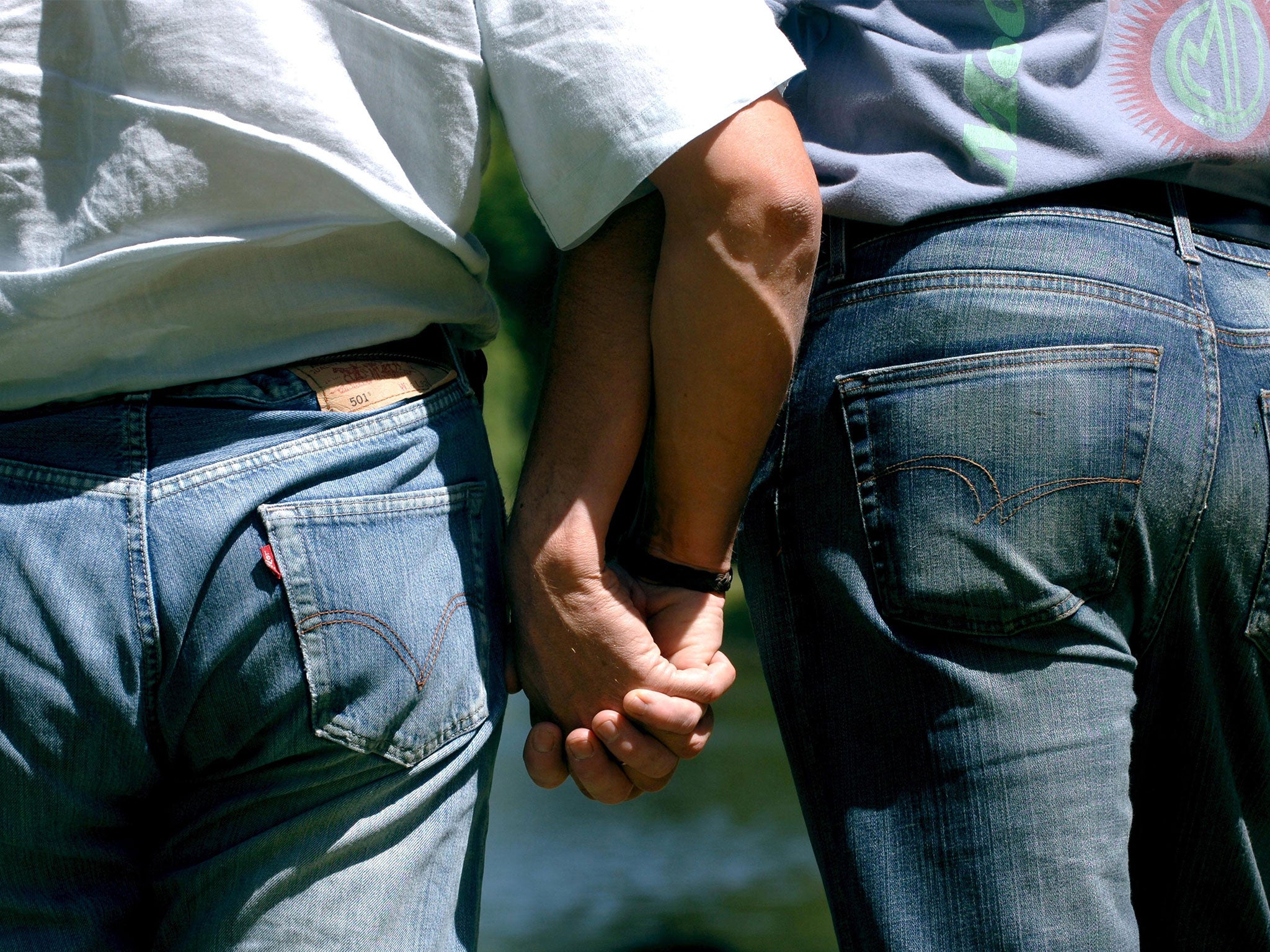Grindr users surveyed on sexual preferences, turns out most of them aren't that gay
Users were informally surveyed by Pink News using the Kinsey scale

Your support helps us to tell the story
From reproductive rights to climate change to Big Tech, The Independent is on the ground when the story is developing. Whether it's investigating the financials of Elon Musk's pro-Trump PAC or producing our latest documentary, 'The A Word', which shines a light on the American women fighting for reproductive rights, we know how important it is to parse out the facts from the messaging.
At such a critical moment in US history, we need reporters on the ground. Your donation allows us to keep sending journalists to speak to both sides of the story.
The Independent is trusted by Americans across the entire political spectrum. And unlike many other quality news outlets, we choose not to lock Americans out of our reporting and analysis with paywalls. We believe quality journalism should be available to everyone, paid for by those who can afford it.
Your support makes all the difference.Grindr users are not that gay, at least according to a new survey.
More than 300 users on the gay dating app, contacted by Pink News as part of an informal study, did not identifying as exclusively attracted to men.
The study used the Kinsey scale, based on the work of sexologist Alfred Kinsey, which ranges from 0 (exclusively straight) to 6 (exclusively gay) and also allows identification as asexual (X).
Pink News found that the average answer was around five, with the most frequent answer being five, followed by six and then four when they contacted users from their office in central London.
The informal survey follows a YouGov poll released last week that found more than half of young people do not identify as solely heterosexual or homosexual, but instead view their sexuality as far more fluid.
YouGov found that when British people were asked to plot their location on a “sexuality scale” 49 per cent of participants aged between 18 and 24 chose something other than 100 per cent heterosexual.
Join our commenting forum
Join thought-provoking conversations, follow other Independent readers and see their replies
Comments